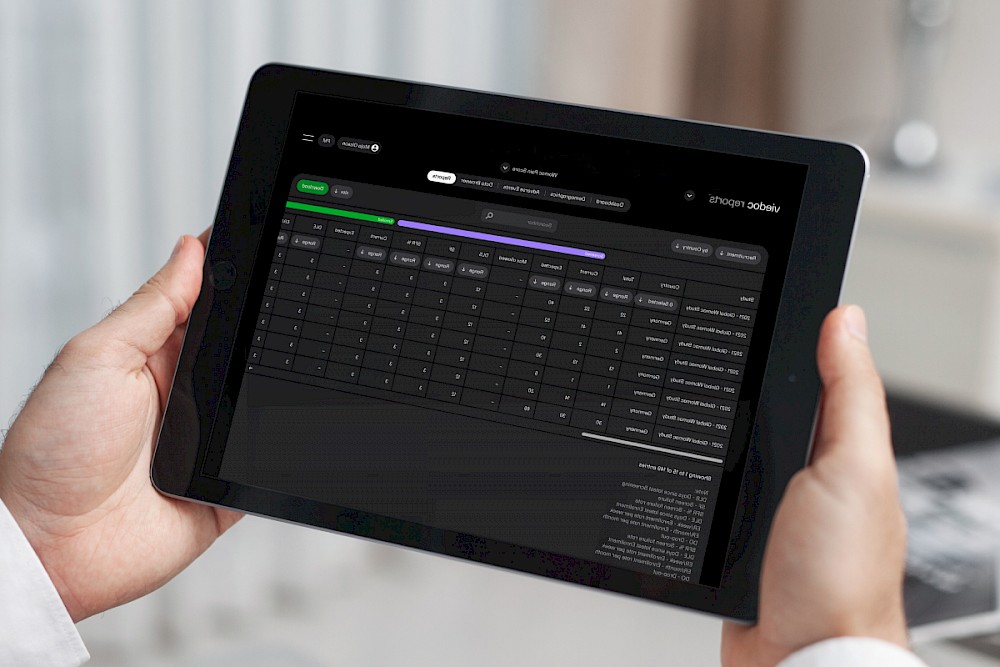
Decentralized and hybrid trials (DCTs) continue to dominate conversations in the trials landscape, even if they are still lagging a bit in adoption. A survey conducted by PPD found that nearly 30% of their respondents expect some of their trials to be decentralized, while those who already use them anticipate their expansion.
The big push behind DCTs comes from the ease they present for recruitment and the retention security they provide in clinical trials. This results in a wider variety of trial participants and more cost-efficient trials. In the end, we get better, smarter therapeutics delivered for lower costs.
CROs and data managers are going to want to partner with software companies that have scalable ePRO/eCOA solutions, like Viedoc. The world is increasingly digitalizing, and along with decentralization, having an app for trial participants will be a standard, not a luxury.
You can read more about Viedoc’s DCT/hybrid trial solution here.

Across all sectors, AI (artificial intelligence) and ML (machine learning) are hot topics. In 2023 we expect to hear more about how AI and ML are making impacts on trials and the life sciences. The possibilities are endless, but a few things we are looking forward to seeing AI and ML making impacts on are:
These possible use cases show the potential that AI and ML have to speed up and bring therapies and medicines to those who need them most. As we saw with the COVID-19 Pandemic and the rapid development of vaccines, where AI and ML played a strong role in development. Check out this in-depth article by Forbes on AI and machine learning in clinical research.


With digitalization, people are using smart watches, cellphones, iPads, and apps, at increasing rates. Along with other specially made smart devices, 2023 will see a continued trend towards more clinical trials, and especially DCTs, making use of wearables. Their benefits are endless. Researchers can monitor trial patients in real time and off site. They can pick up data that isn’t normally captured in standard site visits, like steps and sleep patterns. With the increases in data and diversity, wearables have a lot of potential to give us deeper insights. And as mentioned above, with AI and ML, wearable devices offer greater recruitment and retention possibilities too.

Building on 2022 in the post-covid landscape, 2023 will be an exciting time in the trials space. With the adoption of new technologies, new ways of conducting trials, and the limit pushing use of AI and ML, we can’t wait to see what 2023 will bring.
Interested in learning more about Viedoc and how we can advance your DCT/Hybrid trials? You can contact us here for a demo.

"Viedoc makes building a study easy and fun. It doesn't require extensive coding knowledge; it's quick to get in and start working."